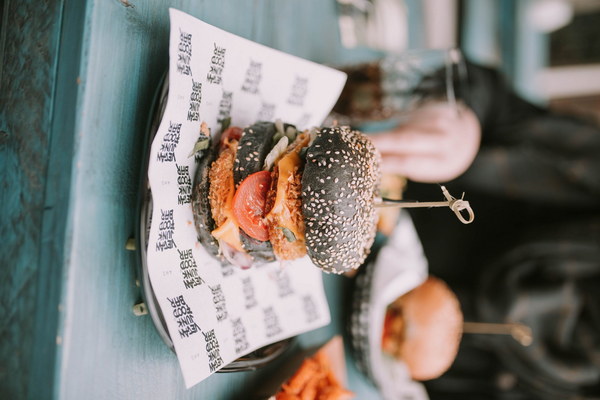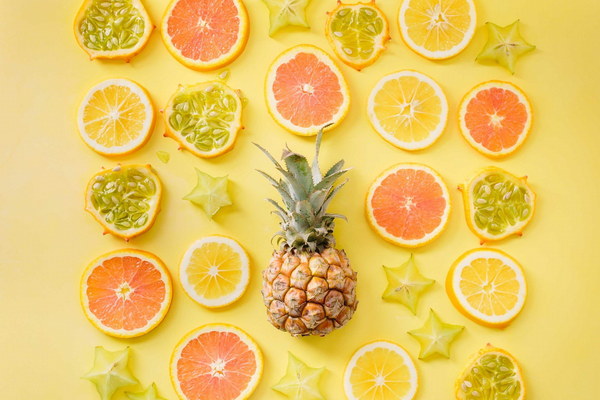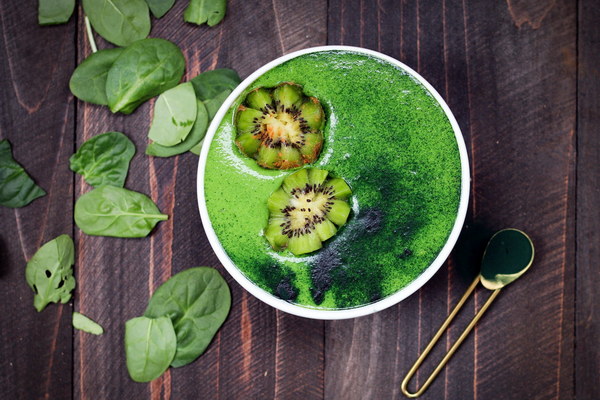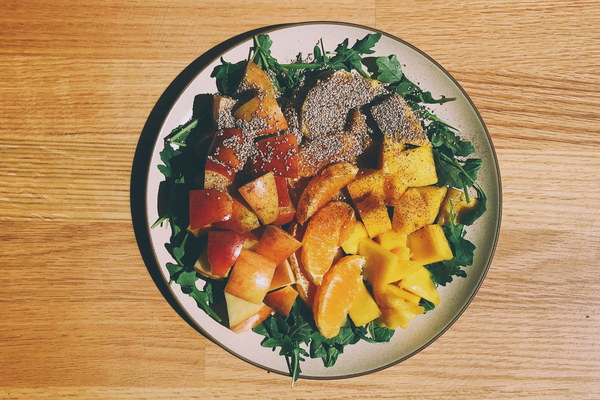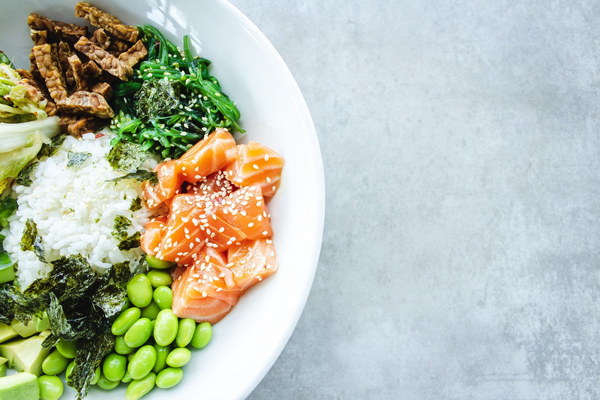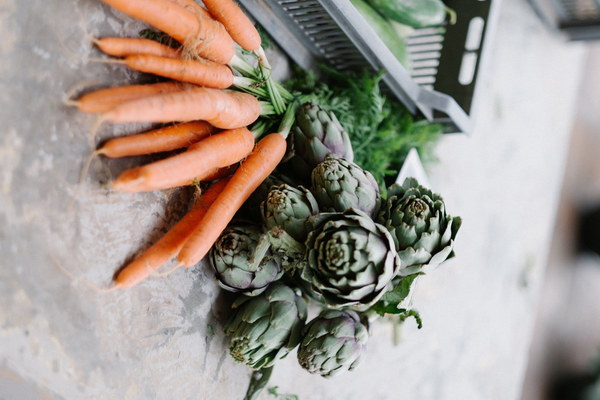Nourishing Your Way to Thicker Endometrial Lining A Comprehensive Guide to Dietary Supplements
Introduction:
Endometrial thinning, a common issue among women, can lead to difficulties in conceiving and can also affect overall reproductive health. While medical interventions are often necessary, dietary supplements can play a crucial role in promoting the growth of the endometrial lining. This article explores various nutrient-rich foods and supplements that can help enhance the thickness of the endometrial lining, thereby improving fertility and reproductive health.
1. Omega-3 Fatty Acids:
Omega-3 fatty acids, such as EPA and DHA, are essential for the proper functioning of the endometrial lining. These healthy fats can be found in fish like salmon, mackerel, and sardines, as well as in flaxseeds, chia seeds, and walnuts. Consuming these foods can help improve the thickness of the endometrial lining and reduce inflammation.
2. Folic Acid:
Folic acid is a crucial nutrient for women who are trying to conceive or are pregnant. It plays a vital role in the development of the endometrial lining, as well as in preventing neural tube defects in the fetus. Foods rich in folic acid include leafy green vegetables, beans, lentils, and fortified cereals. Additionally, taking a folic acid supplement can help ensure adequate intake.
3. Vitamin D:
Vitamin D is essential for the absorption of calcium and phosphorus, which are important for the growth and repair of tissues, including the endometrial lining. Foods rich in vitamin D include fatty fish, fish liver oils, egg yolks, and fortified dairy products. Supplementing with vitamin D can also be beneficial, especially for those with limited dietary intake.
4. Vitamin E:
Vitamin E is an antioxidant that helps protect cells from damage and supports the growth and repair of tissues. Foods rich in vitamin E include nuts, seeds, avocados, and vegetable oils. Including these foods in your diet can help improve the thickness of the endometrial lining.
5. Iron:
Iron is essential for the production of hemoglobin, which carries oxygen to the cells, including those in the endometrial lining. Foods high in iron include red meat, poultry, fish, legumes, and fortified cereals. Consuming iron-rich foods can help improve the thickness of the endometrial lining and reduce fatigue, which is common in women with thin uterine lining.
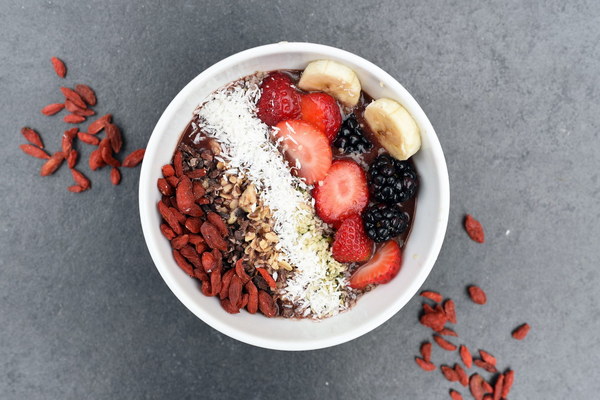
6. Coenzyme Q10:
Coenzyme Q10 (CoQ10) is a potent antioxidant that supports the health of cells and tissues, including the endometrial lining. It can be found in foods like organ meats, nuts, and seeds. Taking a CoQ10 supplement may also be beneficial for women with thin uterine lining.
7. L-Arginine:
L-arginine is an amino acid that has been shown to improve fertility by increasing blood flow to the reproductive organs. Foods rich in L-arginine include nuts, seeds, legumes, and whole grains. Including these foods in your diet can help enhance the thickness of the endometrial lining and improve fertility.
Conclusion:
Dietary supplements can play a significant role in improving the thickness of the endometrial lining, thereby enhancing fertility and reproductive health. By incorporating nutrient-rich foods and supplements into your diet, you can support the growth of the endometrial lining and increase your chances of conception. However, it is important to consult with a healthcare professional before starting any new supplement regimen to ensure it is safe and appropriate for your individual needs.


